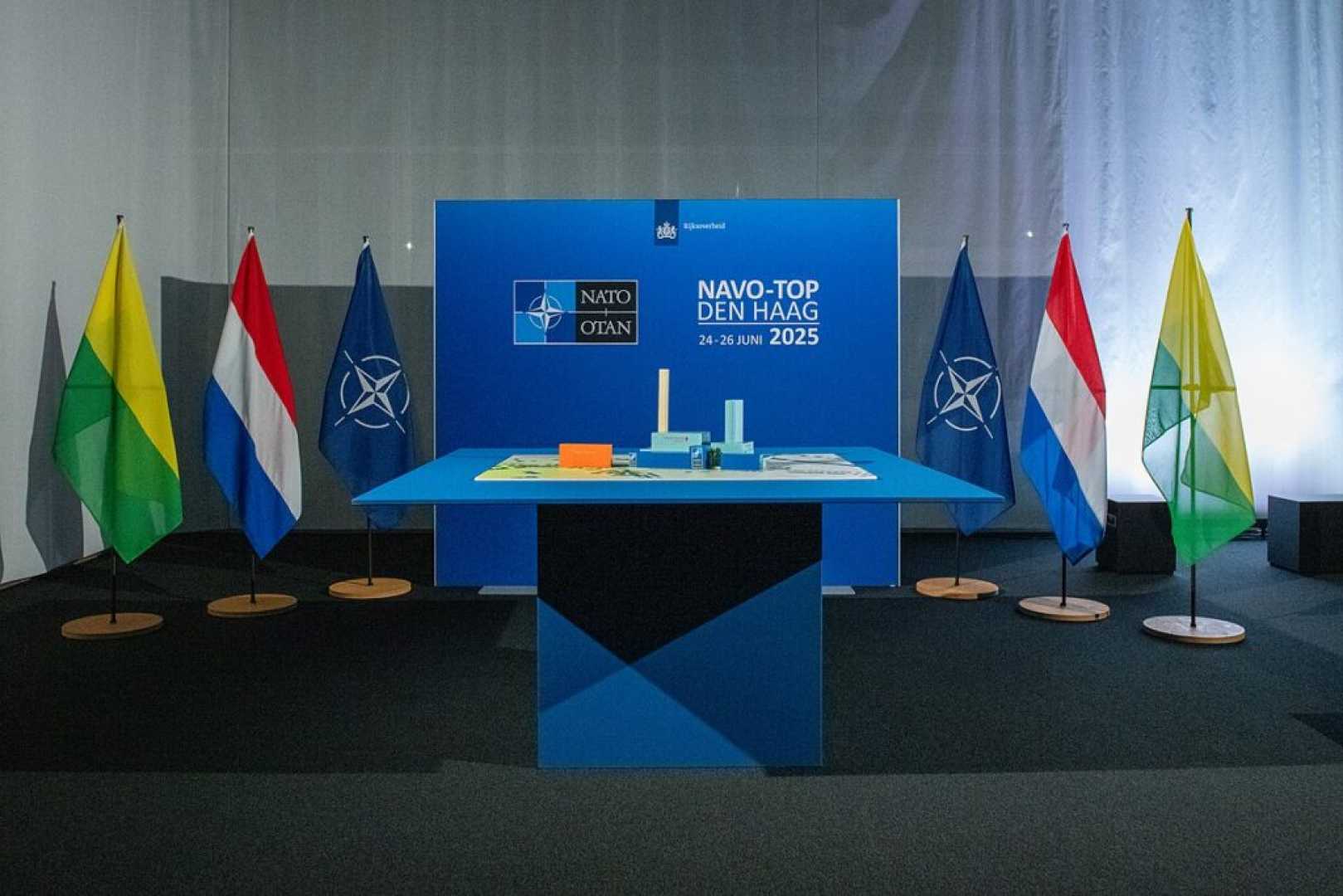Politics
NATO Leaders Prepare for Increased Defense Spending Amid Controversy

The Hague, Netherlands — NATO Secretary-General Mark Rutte warned on June 23, 2025, that no country will be exempt from a significant increase in defense spending. At an upcoming summit on June 25, NATO leaders are expected to endorse a target for member states to allocate 5% of their gross domestic product (GDP) for security measures.
Rutte emphasized the necessity of all allies contributing equally, stating, “NATO has no opt-out, and NATO does no side deals. It is critical that each ally carries their fair share of the burden.” Despite this, Spain has reportedly reached a deal with NATO to be excluded from the 5% target. Spanish Prime Minister Pedro Sánchez announced on June 22 that the language in NATO’s final summit communiqué would change to exclude the phrase “all allies.”
This exclusion raises concerns about whether other nations like Belgium, Canada, France, and Italy will face similar demands. Rutte acknowledged that for many countries, meeting the 5% target would be a challenging task going forward.
During a separate news conference, former U.S. President Donald Trump reinforced that the United States has supported its allies historically and insisted that NATO must hold Spain accountable. He remarked, “I don’t think we should, but I think they should.” Trump criticized Canada’s financial contributions as insufficient.
The new spending goal comprises two key components: an increase in core defense spending to 3.5% of GDP and another 1.5% focused on infrastructure upgrades and cyber defense measures. As of last year, Spain spent only 1.28% of its GDP on military expenditures, the lowest among NATO members.
Sánchez affirmed that Spain could meet its commitments by increasing defense spending to 2.1% of its GDP. The country has supplied limited military aid to Ukraine since the onset of the conflict in 2022, totaling approximately 800,000 euros.
Spain’s personal economic challenges are compounded by political instability, as Sánchez’s government relies on smaller parties while facing corruption allegations within his administration. These factors contribute to mounting pressure for early elections ahead of the NATO summit.
European leaders remain vigilant about potential threats from Russia, particularly due to its ongoing aggression in Ukraine. Many NATO experts claim that a defense investment of at least 3% is necessary for effective deterrence against Russian attacks.
Each NATO member has been assigned specific capability targets to fulfill their defense role. Spanish Foreign Minister José Albares expressed that the country could meet these targets with a 2.1% investment. Other nations nearer to Russia, including Germany, Norway, Sweden, and the Netherlands, have agreed to pursue the 5% spending goal.
The Netherlands anticipates needing to allocate at least 3.5% to defense spending, which translates to an estimated additional 16 billion to 19 billion euros. Previous agreements to reach a 2% spending target by 2014 have not yet been fulfilled by many allies, prompting the need for a stricter timeline.
Italy has proposed a ten-year timeline to meet the 5% objective, with 2035 emerging as a potential deadline. An official evaluation of each member’s progress will be scheduled for early 2029, coinciding with U.S. elections.
“NATO is absolutely convinced Spain will have to spend 3.5%,” Rutte concluded, emphasizing the need for regular reporting on spending and adherence to outlined targets.












